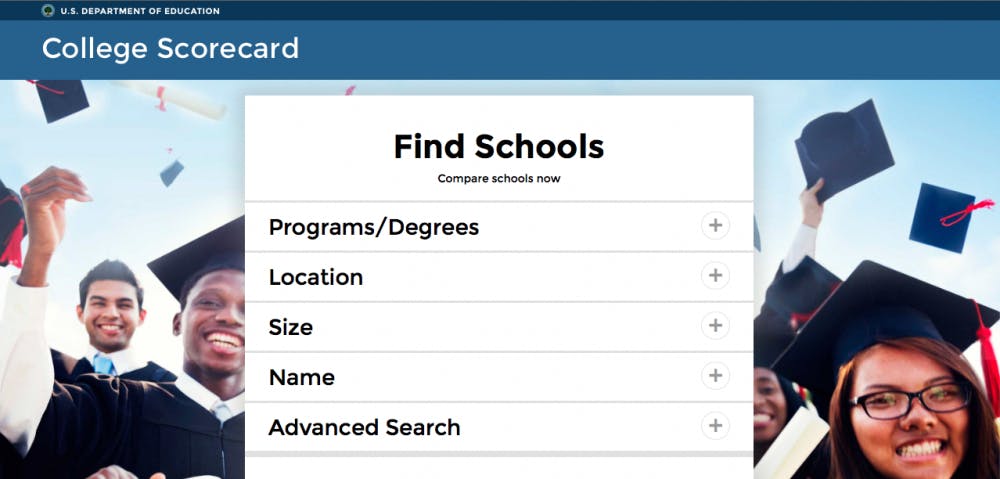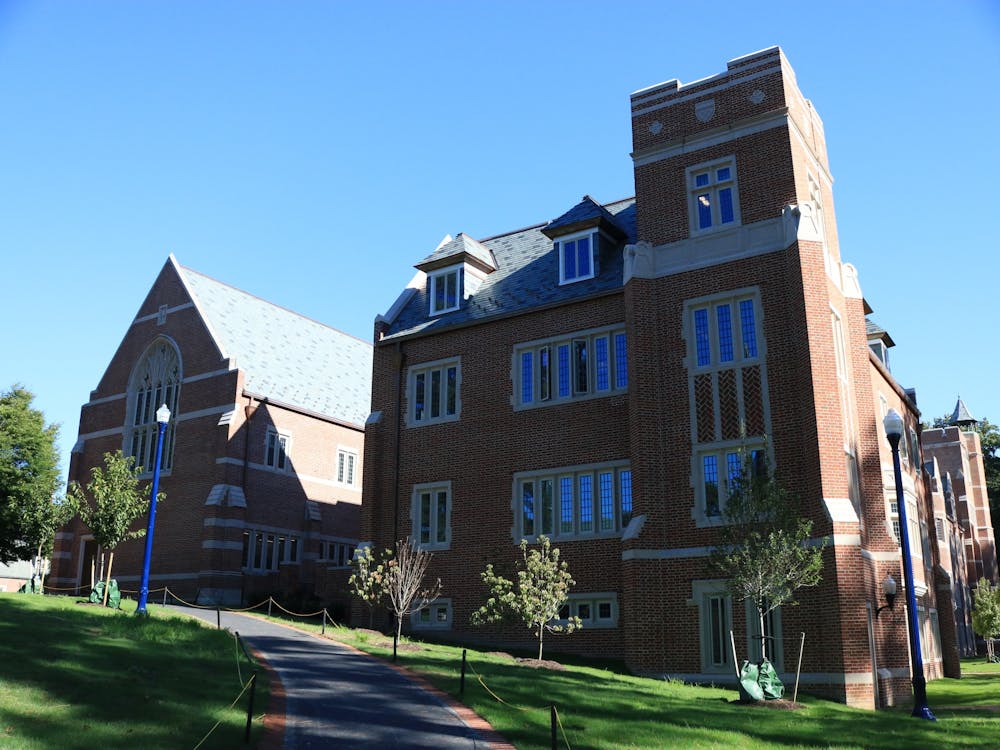The White House unveiled on Sept. 12 College Scorecard, a website aimed at providing prospective college students with information on schools, including annual costs, salaries after attending and SAT scores.
“Americans will now have access to reliable data on every institution of higher education,” President Barack Obama said in an address on Saturday.
The median salary for Richmond students ten years after graduations is $60,800, according to the scorecard. The national average is $34,343. This statistic only includes students who received federal financial aid, and it includes students regardless of whether or not they graduated.
“It’s a sub population of students,” Patty Murphy, director of the Office of Institutional Effectiveness, said. “It’s not based on when you graduated, it’s based on when you started, and you may never have graduated from college.”
The graduation rate within six years for Richmond students is 84 percent, while the national average is 44 percent, according to the scorecard.
Even with a graduation rate well above the national average, Richmond is always looking to improve this number, Steve Bisese, vice president for student development, said. To do so, Richmond has sought to develop meaningful extracurricular activities, such as living-learning communities and sports clubs, which connect students with the school.
The scorecard was released two years after the president announced a plan to create a federal ratings system for all colleges, a plan that was eventually abolished. The scorecard is part of an effort to hold colleges more accountable for the value they provide to students, Obama said.
One of the main challenges the government faced in creating the scorecard was getting complete and recent data, Murphy said.
“They realized how hard it is to get the data, and how meaningless sometimes it is when you aggregate it so much,” Murphy said. “Some of it’s old. The collection process takes a couple of years.”
Most of the information on the scorecard was already available from other sources, and some people in the higher education field have found it underwhelming, Murphy said.
In his address, the president said that he would continue to work with students and colleges to improve the scorecard.
Contact reporter Jack Clark at john.s.clark@richmond.edu
Enjoy what you're reading?
Signup for our newsletter
Support independent student media
You can make a tax-deductible donation by clicking the button below, which takes you to our secure PayPal account. The page is set up to receive contributions in whatever amount you designate. We look forward to using the money we raise to further our mission of providing honest and accurate information to students, faculty, staff, alumni and others in the general public.
Donate Now



